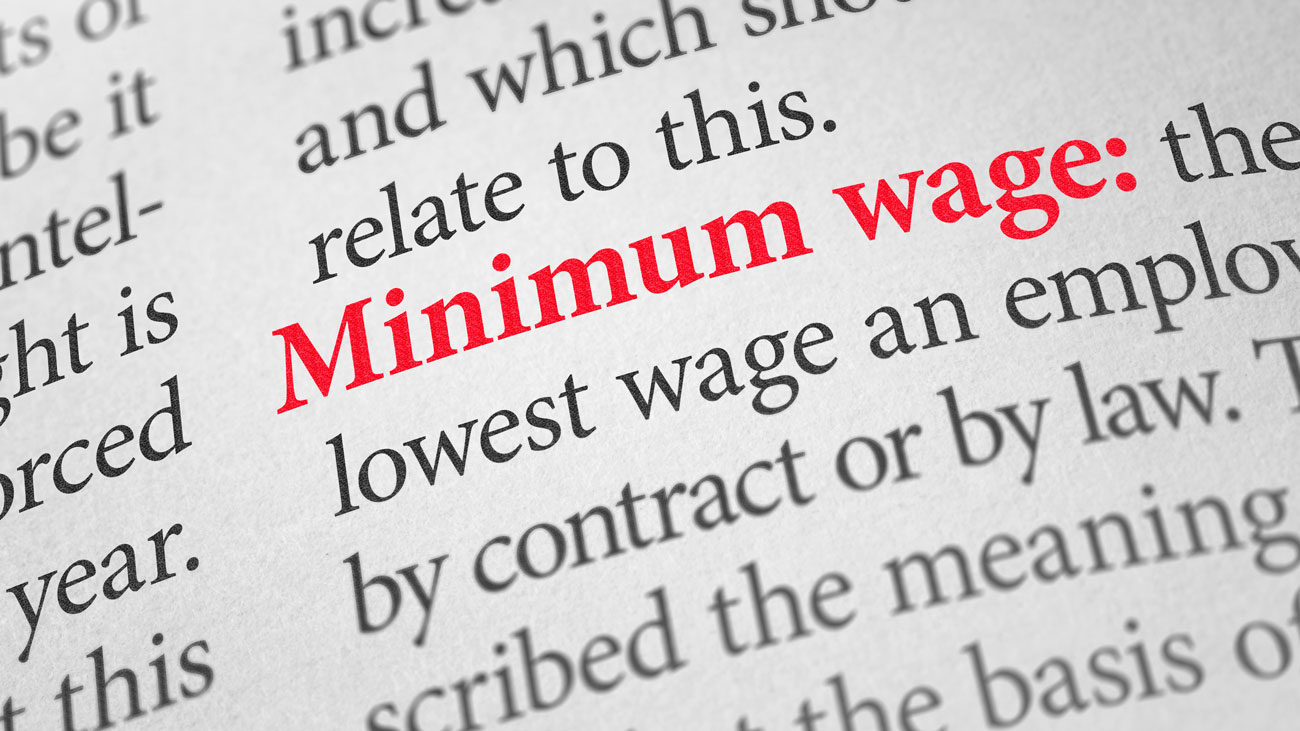
One in five employers will insist staff are vaccinated against COVID-19
A new survey from ACAS has found that more than one in five employers plan to implement a 'no jab no job' policy in the year ahead for both new and existing staff. ACAS commissioned YouGov to ask British businesses about whether they plan to make it a requirement for staff to be vaccinated against COVID-19 as a condition of employment.
For new staff, the poll revealed that:
- More than one in five employers (22%) said yes.
- Over half of employers (52%) said no.
- 21% said that they do not know or are not sure.
- 5% preferred not to say.
For existing staff, the poll revealed that:
- 21% said yes.
- 55% said no.
- 19% said that they do not know or are not sure.
- 4% preferred not to say.
ACAS Chief Executive, Susan Clews, said:
"Most workplaces are starting to navigate what working life should look like post-pandemic and it is clear from our poll that most employers have no plans to require staff to be vaccinated. One in five employers want to make it a requirement for staff to be vaccinated against COVID-19 in the year ahead but this is a very tricky area of employment law. It is always best to support staff to get the vaccine rather than insisting that they get it and it's a good idea for employers to get legal advice before bringing in a vaccine policy. ACAS has advice on how best to support staff to get the vaccine and avoid conflict."
There is currently no law in England, Scotland or Wales that says employees must have the vaccine. The government removed the previous requirements for care home, health and social care staff on 15 March 2022.
If an employer feels it is important for staff to be vaccinated, then they should talk with staff or the organisation's recognised trade union if they have one. Talking with staff can help to:
- Agree a vaccine policy that's appropriate for both staff and the organization;
- Support staff to protect their health;
- Keep good working relationships; and
- Avoid disputes in the future.
There are some practical ways that employers could support staff, such as paying them their usual rate of pay if they are off sick with vaccine side effects instead of statutory sick pay. Employers could also consider offering staff paid time off for vaccination appointments.
If someone does not want to be vaccinated, then their employer should listen to their concerns. Some people may have health reasons such as an allergic reaction to the vaccine and some employees may have other reasons for not wanting to be vaccinated. Employers should be sensitive towards personal situations and must be careful to avoid discrimination.
Employers should be careful to avoid cases of potential indirect discrimination (when an employer applies a policy or criteria to everyone but it disadvantages a protected group). By saying that an employee needs to be vaccinated, this disadvantages certain employees with protected characteristics. A good example of this is employees with health conditions who have been advised against getting the vaccine. There would also be good arguments for discrimination on the grounds of religion/belief, race, maternity and even sex discrimination.
Read ACAS's advice on getting the COVID-19 vaccine for work.







